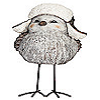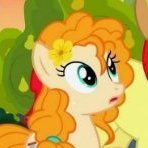Er lockeansk eiendomsrett forsvarlig?
7 stemmer
-
1. Kan lockeansk eiendomsrett forsvares?
-
Ja4
-
Nei3
-
Vet ikke0
-
- Vennligst logg inn eller registrer deg for å stemme i meningsmålingen.
-
Populær nå
-
- 61 svar
- 1 364 visninger
-
- 386 svar
- 14 966 visninger
-
Russlands invasjon av Ukraina [Ny tråd, les førstepost] 1 2 3 4 3639
Av Gjest Slettet-404071, i Politikk og samfunn
- 72 768 svar
- 5 666 395 visninger
-
- 4 603 svar
- 186 813 visninger
-
-
Hvem er aktive 0 medlemmer
- Ingen innloggede medlemmer aktive

_flatten_crop.thumb.jpg.54a0066d358ca9841b4537d7a92e72de.jpg)


Anbefalte innlegg
Opprett en konto eller logg inn for å kommentere
Du må være et medlem for å kunne skrive en kommentar
Opprett konto
Det er enkelt å melde seg inn for å starte en ny konto!
Start en kontoLogg inn
Har du allerede en konto? Logg inn her.
Logg inn nå